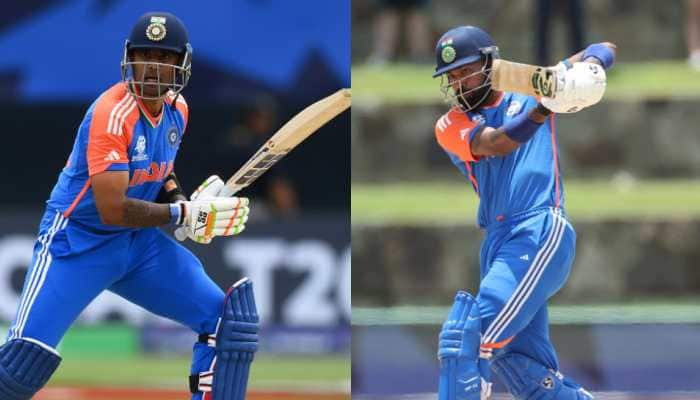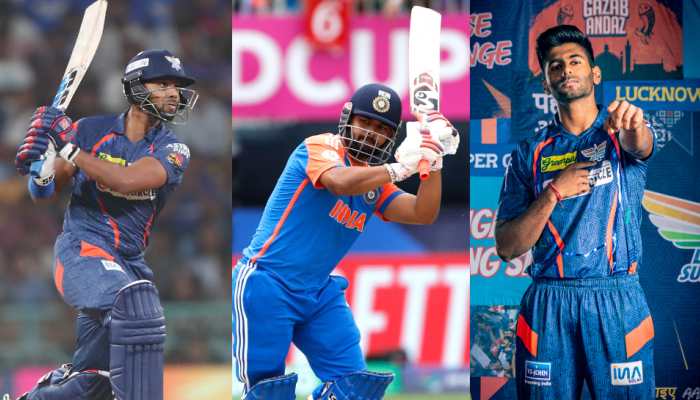Viral Video: Journalist Uses 'Lagaan' Reference To Explain Pakistani Election Situation- Watch
In a viral video, a journalist uses cricket metaphors, comparing Pakistan's political parties to teams in "Lagaan" amid post-election uncertainties. The creative analogy sheds light on the disparities between political rivals.
Trending Photos
) Viral Video
Viral Video Viral Video: Pakistan is buzzing with anticipation following last week's general elections, where no political party clinched a decisive majority in the national assembly. The spotlight is on Imran Khan's Pakistan Tehreek-E-Insaf (PTI), supported by Independents, as they secured the most seats in the elections. In a viral video circulating on social media, journalist Rizwan Haider adds a touch of humor to the tense political atmosphere by using cricket metaphors to break down the election scenario. In this amusing analogy, he likens the political parties to cricket teams competing for the coveted Prime Minister's seat, drawing parallels to the iconic Bollywood movie "Lagaan."
Imran Khan's PTI is portrayed as the underdog Bhuvan's team, facing numerous challenges similar to the characters in "Lagaan." Despite Khan's incarceration, loss of party symbol, and limited resources, the PTI appears to be on the path to victory against rivals Nawaz Sharif and Bilawal Bhutto.
The journalist humorously notes the disparities between the teams, stating, "In this cricket match, one team is getting the best facilities, bats, pads, and safeguards, while the other is handed sticks used to beat clothes with." Despite the odds, the team with the makeshift equipment emerges victorious, leading to post-election controversies reminiscent of the film's umpire disputes.
I have explained to the cricket lovers in a simple way that what happened in general elections in Pakistan. #ElectionResults #ElectionResults2024 #PakistanElections2024 pic.twitter.com/z0pXD2onMM — Rizwan Haider (@razi_haider) February 10, 2024
The elections involved voting across 854 national and provincial assembly constituencies, resulting in 348 successful independent candidates. The Pakistan Muslim League-Nawaz (PML-N) emerged as the largest party with 227 seats, followed by the Pakistan Peoples Party (PPP) with 160 seats. However, the delay in election results and allegations of irregularities add an extra layer of suspense to the unfolding political drama.
Whether you're a cricket enthusiast or a casual observer of Pakistani politics, Haider's entertaining analogy provides a refreshing perspective on the recent elections. It emphasizes that even in the serious realm of politics, injecting humor and creativity can captivate the public's interest and stimulate essential conversations.
Stay informed on all the latest news, real-time breaking news updates, and follow all the important headlines in india news and world News on Zee News.
Live Tv







)
)
)
)
)
)
)
)
)
)
